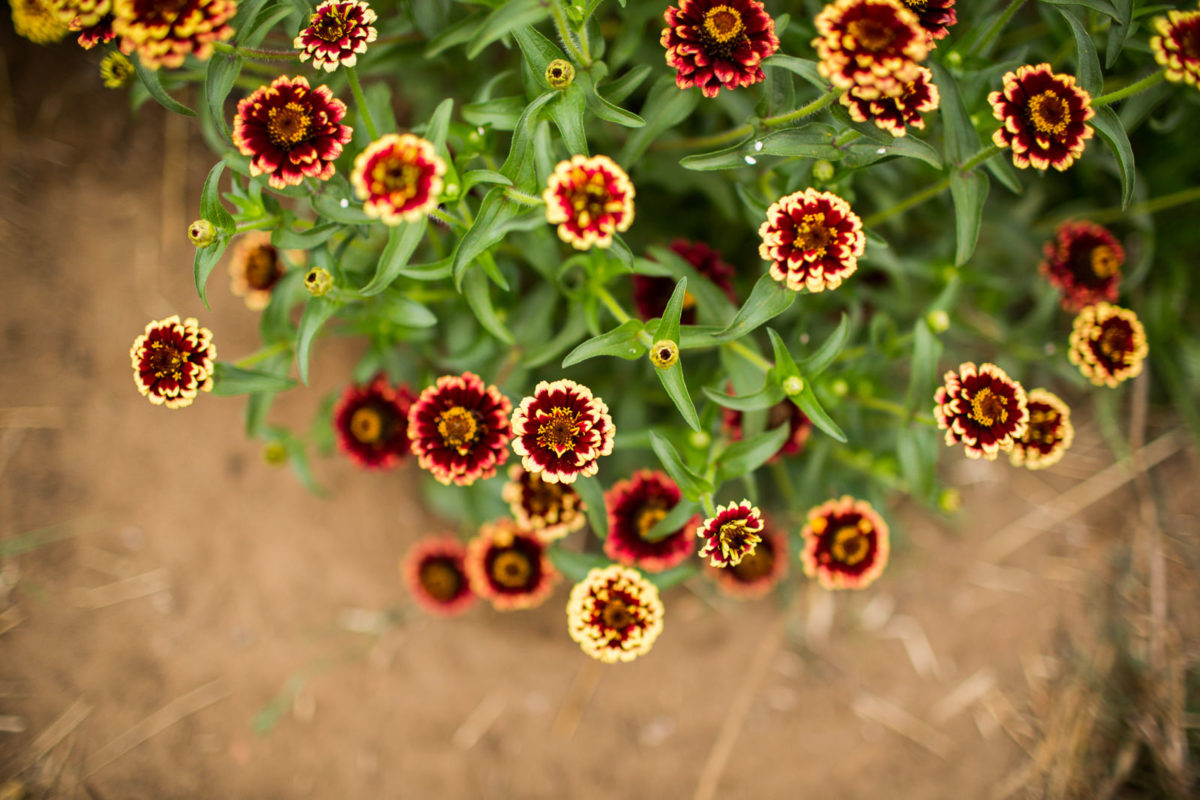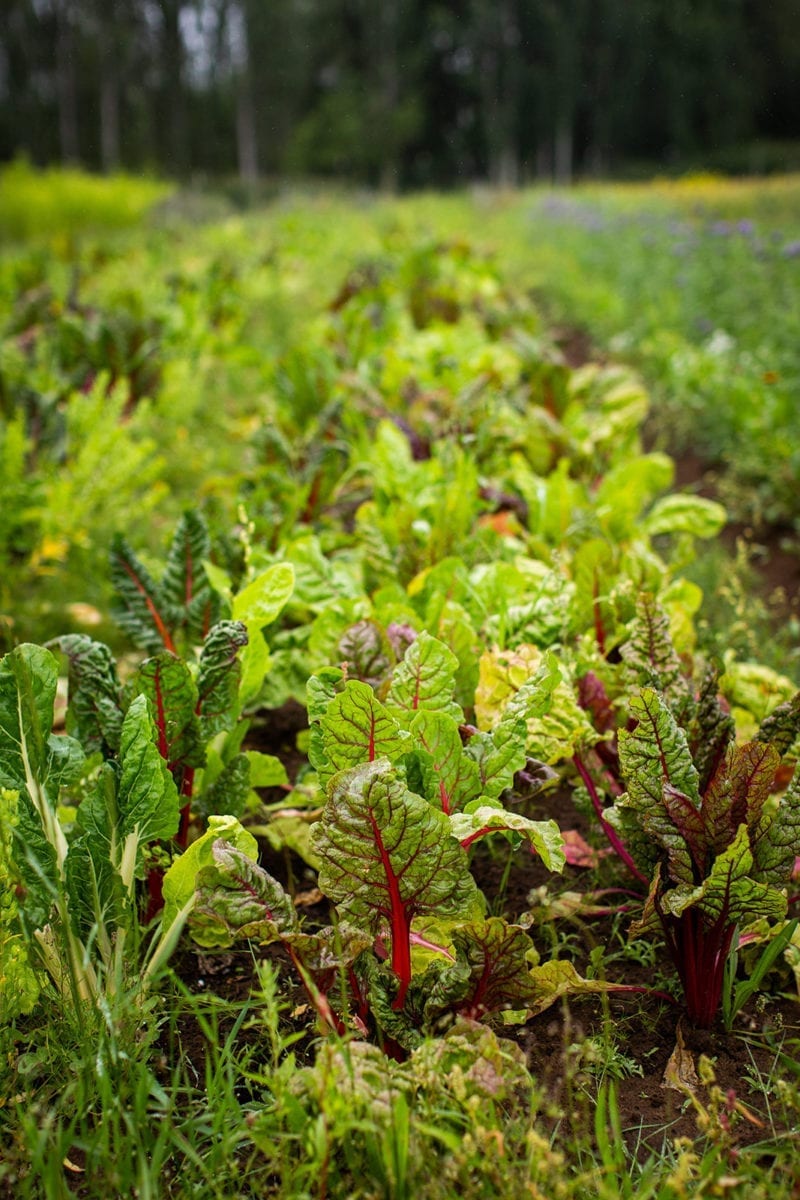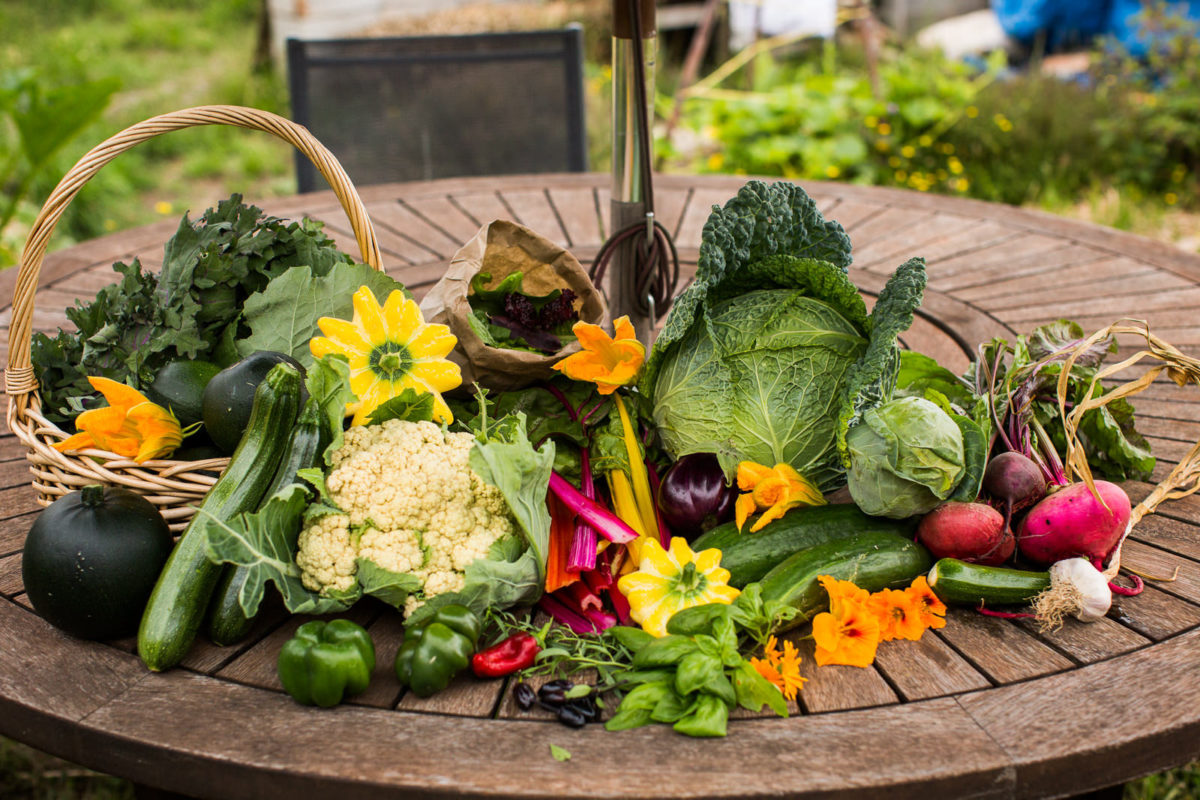In June 2019, I was gearing up to spend my summer interning at a farm on a squiggly island just north of Seattle. I was burned out from a job I hated in a city I loved but that drove me mad with its incessant traffic, urine-scented streets and parking trolls.
On a Friday in May, after a “third-round-of-drinks” kind of night with friends, I sat on my couch eating stale Cheerios and Googled “farm jobs.” Farming is not something completely foreign to me. My husband and I farmed our way around New Zealand in 2017 where the Kiwi’s reverence for the land left us blindingly aware of how little we know about the ground we stand on.
We came home after four months to our downtown apartment and started planning a future living off the land. Yet, unless you tend to a dream, the dream will wilt and slump, tired of trying to find the light. The night I Googled “farm jobs” was a tipping point, a return to the dream I had forgotten to water.
The night I Googled “farm jobs” was a tipping point, a return to the dream I had forgotten to water.
I found an ad for a 10-week farming internship at The Organic Farm School, a wonderful program for aspiring farmers who want to change the world by feeding their communities. Without overthinking (something I’m an expert at), I word-vomited the application, letting passion ride on the coattail of a good buzz. The next morning, an email from the Farm Director confirmed what I hadn’t thought through—I’d been accepted. Both my job and husband supported my going. I knew this was some kind of divine invitation.
Ten weeks turned into nearly six months. They hired me as a farm hand to help finish out the growing season. The following are five lessons on how those long days of returning to the dirt changed me.

Farmers are the most brilliant people.
I have yet to meet a farmer who is anything short of brilliant. Farmers have Rubik’s Cube minds. They work all day long to complete a puzzle that resets the next day even if you solve it.
I have yet to meet a farmer who is anything short of brilliant.
The farmer has to be able to pull from chemistry, biology and math, as well as from business management, economics and physics at any point of their day. They need to be well-versed enough in these areas to solve problems quickly so they can return to those 50 lbs of tomatoes that have to be picked by sundown. Some tasks can’t be left for tomorrow.
Produce should look imperfect!
Many a time I’d come back from harvesting radishes only to have my farm manager, Aaron, point out blemishes rendering them unfit for grocery store shelves. Supermarkets have set a standard that makes me think whoever set that standard has never worked on an organic farm.
Organic veggies have a harder life than those grown with the help of chemical sprays. Their bumps and bruises are badges of honor for the fight to grow against all odds. Yet, people want pretty piles of produce because their brain tells them pretty tastes better than the two-legged carrots. (Pro-tip: Some farmers will bring perfectly tasty produce unsuitable for grocery stores to their farmer’s market stands. Ask around!)
“Eating local” means more.
Working on an organic veggie farm means the best company snacks. The juicy crunch of a sweet snap pea or gusher-like pop of cherry tomatoes in my mouth made the hours it took to harvest them less grueling. Produce not only tastes better right after being harvested, it’s also better for you. (Produce starts losing its nutrient value at harvest).
It makes sense. If you’re eating lettuce from California when you live in Michigan, think about those exhausted greens! Who can give their best self after three days of travel? I wanna know! I used to live by the philosophy that a carrot is a carrot is a carrot. Knowing what I know now, I can’t eat a bag of mini-mart baby carrots without wondering how those orange logs pass as produce.
I can’t eat a bag of mini-mart baby carrots without wondering how those orange logs pass as produce.
The small stuff is the big stuff.
The big picture is hard to see when weeding 100 foot beds of parsley in the rain or trying to figure out what pest is eating the lettuce in the green house. Yet, the big picture is made up of thousands of small, strategic brush strokes.
The small stuff is the big stuff, you see? Farmers return to the dirt day after day to tend to the little things to ensure those little things build roots. They ensure that they grow tall and one day feed another human.
The power in slowing down.
I chose to farm partly to learn about food systems and partly to escape the city distractions and shiny promises of corporate America. Though farm work is not for the faint of heart, it does demand something of you that corporate America will never demand, nor could it possibly understand: slowing down.
I don’t mean slowing down in the sense of lethargy. I mean slowing your spirit down to nature’s pace, where the birds and the wind are given a seat in the boardroom. Only by slowing down can you observe patterns, inconsistencies or a leaky irrigation line. Observing is perhaps my favorite part of farming because to observe is to be curious. To be curious is to be a lifelong student of your environment.
How much do you know about the produce you serve at your dinner table? What is the value in reconnecting with the dirt and learning about farming?
Images via Julia Beck












